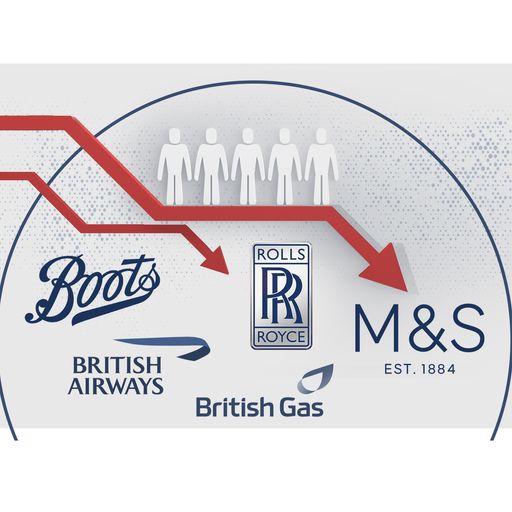Fashion retailer Boohoo has paid £55m to acquire the brand of collapsed rival Debenhams - with the intention of relaunching it online only.
The cut-price deal for the brand name, intellectual property and customer lists will eventually result in the closure of Debenhams' 118 remaining stores as none of the sites are included in the sale.
Administrators at FRP Advisory confirmed stores would, once allowed under COVID-19 restrictions, re-open only for the purpose of clearing stock - with a fire sale continuing online presently.
It leaves more than 10,000 staff facing the prospect of redundancy though it was hoped there would be some limited opportunities for Debenhams staff to secure roles with Boohoo.
Boohoo said: "Debenhams is a long-standing and leading UK fashion and beauty retailer with high brand awareness, and an established online platform with approximately 300 million UK website visits per annum.
"This makes it a top 10 retail website in the UK by traffic.
"The transaction represents a fantastic opportunity to grow the group's target addressable market and increase the share of wallet opportunity through a new capital light and low risk operating model that is complementary to the group's highly successful direct-to-consumer multi-brand platform."
Boohoo said the relaunch of the Debenhams online sales platform, expected in a year's time, would include new categories including beauty, sport and homewares.
Joint administrator Geoff Rowley said: "We are pleased to have secured the future for this great brand, and to have created the opportunity for a new Debenhams-branded business to emerge in a different shape beyond the pandemic.
"I expect that the agreement with boohoo may provide some job opportunities but we regret that this outcome does not safeguard the jobs of Debenhams' employees beyond the winding down period."
The announcement comes just days after administrators said they were still in talks with "a number of third parties regarding the sale of all or parts of the business".
At the time, they announced that six of the 124 stores in existence at that time would not reopen, including the flagship Oxford Street site in central London.
The 242-year-old department store started a liquidation process last month after failing to secure a last-minute rescue sale.
Debenhams has been in administration since April last year but its problems pre-date the coronavirus crisis that has hurt so many high street retailers.
For much of its history, Debenhams was highly profitable and was an established anchor tenant on many UK high streets and shopping centres.
In the 1950s, Debenhams had 110 stores, making it the country's largest department store group.
It listed on the London stock market for the third time in 2006, following a spell in private equity ownership that proved lucrative for CVC Capital Partners and TPG but which left its balance sheet saddled with what proved to be unsustainable debts.
And while customers increasingly moved their shopping online, Debenhams was opening new stores as recently as 2017 and its large physical presence came with high costs - rising rents, business rates and maintenance.
Boohoo shares rose by almost 4% at Monday's open.
Analysts at Jefferies Equity Research said of the purchase: "Set to be relaunched in Q1'22, the Debenhams platform will provide Boohoo with substantial scale and a low-risk route into building an online marketplace and entering the strategically significant prestige Beauty market."




